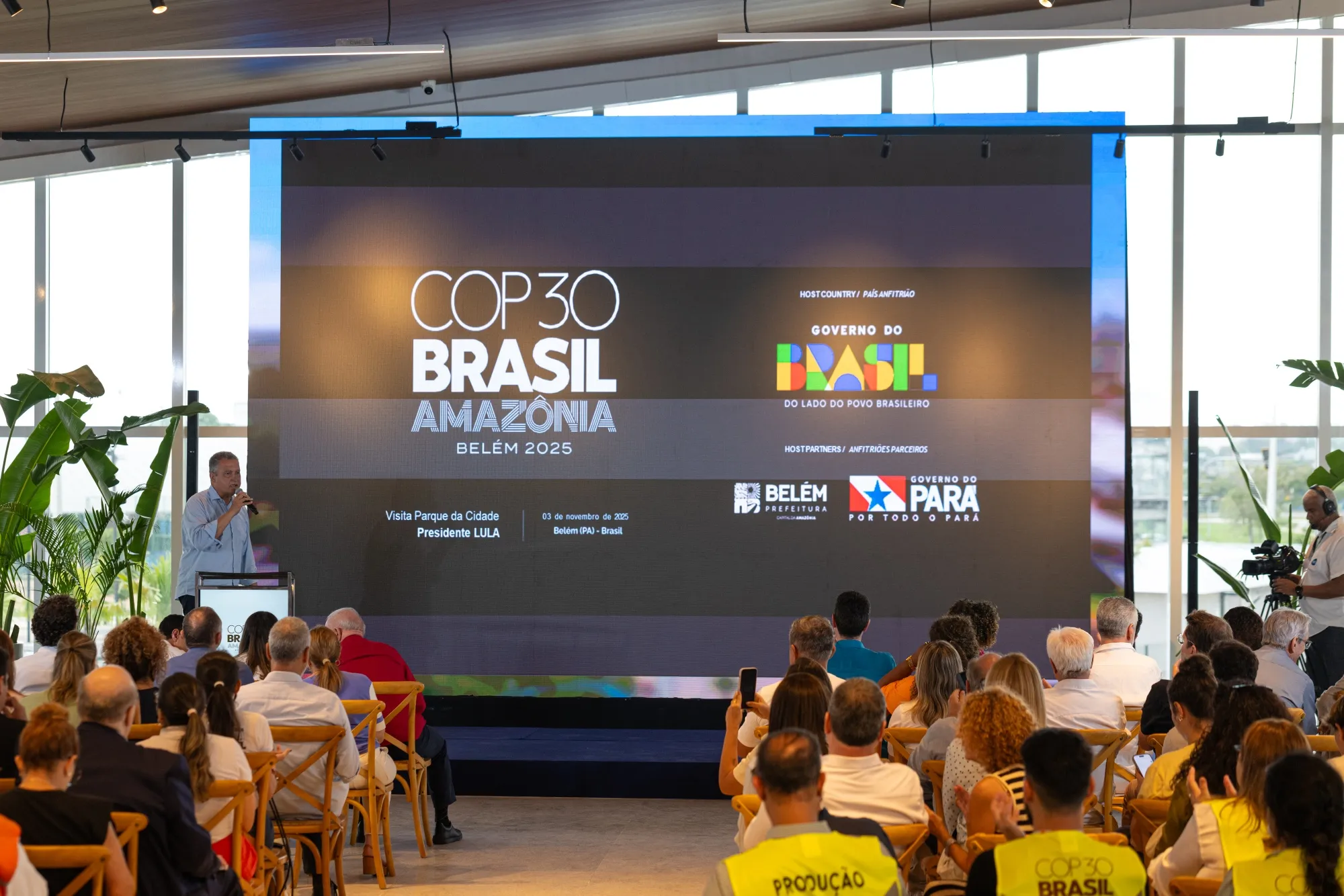The Brazilian city of Belém is gearing up to host the 30th United Nations Climate Change Conference (COP30), scheduled to take place from November 10 to 21, 2025, amid growing global expectations that the event will mark a turning point in international efforts to combat climate change — particularly in the areas of climate finance and energy transition.
In an interview with CNN Business, Alice Amorim, Programs Director for the COP30 Presidency, revealed that the conference agenda will revolve around five key themes, led by climate finance. Participating nations will present a comprehensive report assessing global progress in mobilizing the funds needed to confront the climate crisis.
Amorim explained that the world left COP29 in Azerbaijan with a mandate to create a roadmap to mobilize $1.3 trillion annually by 2035 to finance climate action, in coordination with the previous COP presidency.
“We are currently preparing a comprehensive report that will be presented to the international community ahead of COP30, outlining what has been achieved so far in climate finance mobilization,” she said.
At COP29, delegates agreed to an interim target of $300 billion annually in funding for developing nations — a historic step, yet still far from addressing the magnitude of the global climate challenge.
Amorim stressed that current efforts remain insufficient, underscoring the need for “far greater ambition” to maintain the global temperature rise below 1.5°C, and emphasized that COP30 should represent “a turning point and the beginning of a decisive decade of accelerated climate action.”
The Ongoing Climate Finance Challenge
According to Amorim, one of the major challenges in mobilizing climate finance lies in the lack of a clear methodology for calculating and assessing financial flows. She noted that while developed countries have largely met their previous $100 billion annual commitment, the transition to the $300 billion target remains inadequate in both scale and quality.
“Public funding is no longer the primary driver for expanding renewable energy, as the private sector now leads much of that growth,” she explained.
“However, we need new lines of credit to triple renewable capacity and improve energy efficiency threefold.”
She added that the problem is not a lack of available funds, but rather how they are directed, calling for more effective and better-quality financing to support adaptation and resilience projects, particularly in vulnerable nations.
COP30 Agenda and Brazil’s Climate Vision
COP30’s agenda will include discussions of the UNFCCC synthesis report, evaluating global progress toward climate commitments, as well as sessions on adaptation and mitigation mechanisms to keep global warming below 2°C.
Brazil also plans to introduce an innovative financing mechanism called Tropical Forests Forever Fund (TFFF) — a framework to protect tropical forests and promote biodiversity conservation.
In September, Brazilian President Luiz Inácio Lula da Silva reaffirmed the country’s commitment by pledging $1 billion to the “Tropical Forests Forever” Fund, a multilateral initiative designed to support international forest protection efforts.
Global Political Momentum Ahead of COP30
UN Secretary-General António Guterres has urged nations to build political momentum ahead of COP30, highlighting that more than 125 countries, representing roughly 80% of global emissions, have submitted or announced new climate plans for 2035.
He warned, however, that “the energy transition remains far too slow,” and called on major economies to increase renewable energy deployment, reduce fossil fuel reliance, and ensure a just transition that empowers developing nations to participate effectively in global climate solutions.
Comprehensive Coverage by Total Media Cast
Total Media Cast (TMC) will provide extensive on-the-ground coverage of COP30 from Belém, Brazil, through its multilingual teams delivering live television broadcasting, digital content, and news reporting in Arabic, English, Portuguese, and Spanish.
TMC will cover key high-level sessions, bilateral meetings, and exclusive interviews with delegates and international organization representatives, ensuring audiences around the world gain an in-depth view of the negotiations and outcomes.
In line with its mission to promote environmental journalism and climate awareness, Total Media Cast reaffirms its commitment to bringing the global public closer to the most pressing sustainability issues of our time.





Comments are closed